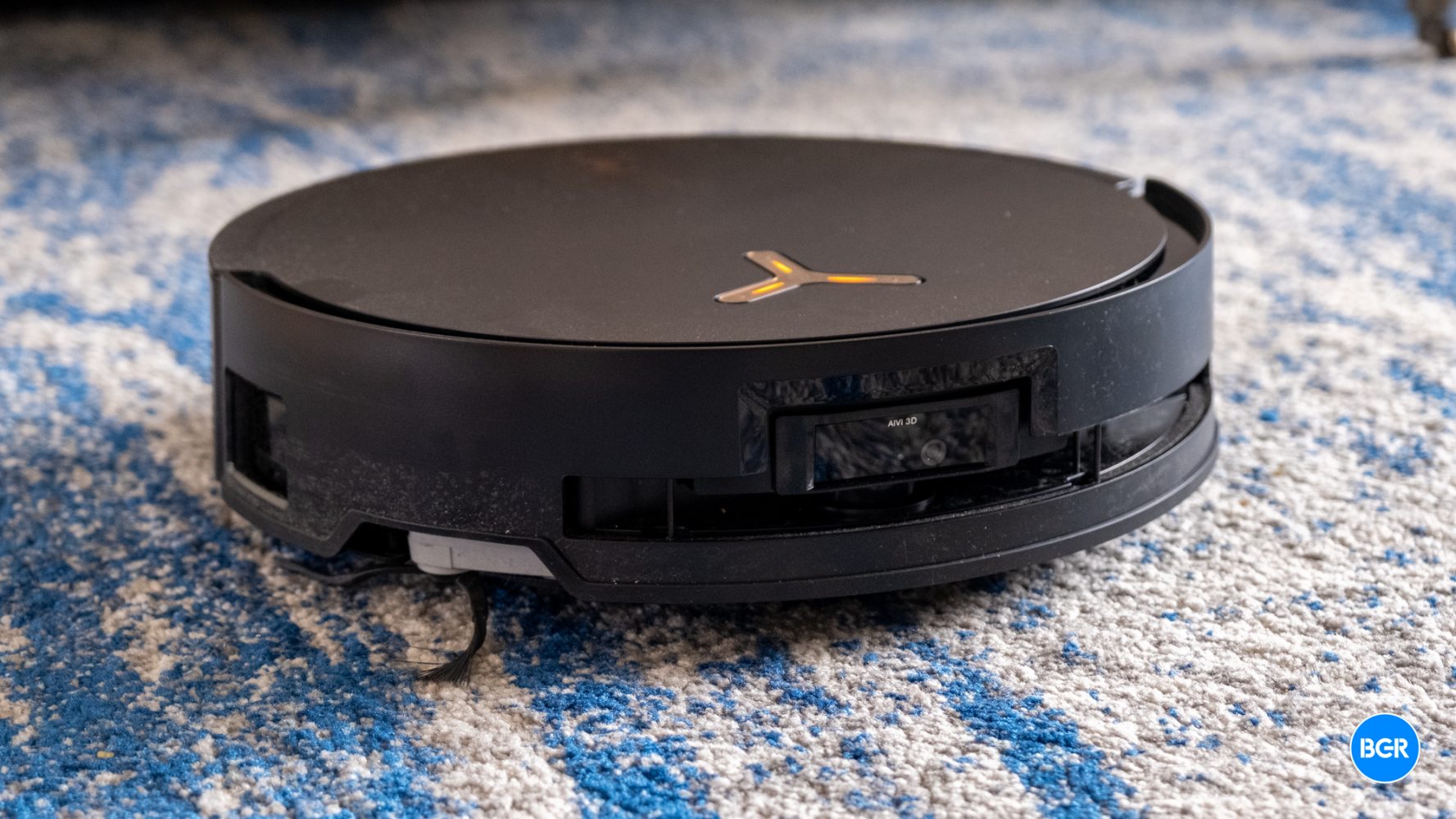India and Vietnam are gaining momentum as top alternatives in the electronics supply chain following the US administration’s recent tariff revisions. While the United States has rolled back reciprocal tariffs on select consumer electronics—including smartphones, laptops, and tablets—the relief does not extend to Chinese products, which continue to face a 20 per cent levy on key devices such as iPhones, tablets, and smartwatches. In contrast, Indian electronics exports enjoy zero-duty access to the US market across the board, covering iPhones, laptops, and tablets, reported Moneycontrol.
Vietnam, too, benefits from a similar arrangement, with Samsung smartphones and other major electronics facing no additional tariffs upon entering the US. According to an analysis by the India Cellular and Electronics Association (ICEA), this pricing differential gives both countries a competitive advantage of up to 20 per cent over China-made products in the American market. ICEA represents a range of key players, including Apple, Foxconn, Xiaomi, Dixon, and Lava.

Audio Devices Like AirPods Still Face Steep Tariffs Despite the sweeping exemptions, some product categories remain outside the scope of relief. Audio devices such as headphones and AirPods will still attract over 100 per cent duties when shipped from China. In contrast, India and Vietnam will only be subject to a 10 per cent tariff on similar audio goods.
This divide further strengthens the case for global companies to diversify production away from China. Commenting on the development, Pankaj Mohindroo, Chairman of ICEA, said, “Respite from reciprocal tariffs for smartphones and others. Now, there will be no extraordinary disruption.
Time to set up capacities...
long-term trend against China will remain robust. But the incredible shock of the last few weeks is in itself a tectonic event, and the realignments are bound to happen without too much blood split in our category.” Also Read : Gold Rate Today (April 13): Check Out Gold Prices In Delhi, Mumbai, Bengaluru, Ahmedabad, More Cities Firms' Manufacturing Focus Could Shift With the US Customs and Border Protection confirming the exclusions late last week, consumer electronics like smartphones, laptops, memory chips, and processors—items not commonly produced in the US—will be spared both the 125 per cent tariff on Chinese imports and the 10 per cent base tariff applied to other nations.
For tech giants such as Apple Inc. and Nvidia Corp., this brings immediate, albeit potentially temporary, relief.
Industry experts believe the decision could trigger a quicker shift in manufacturing and sourcing strategies. “This pragmatic adjustment, whether lasting or short-lived, helps ease tensions within the complex global electronics supply chain. Nonetheless, the overall trajectory of US-China trade relations remains uncertain,” said Prabhu Ram, Head - Industry Intelligence Group at CMR.
.
Trump's Tariff Reset On Electronics Gives India, Vietnam 20 Per Cent Price Advantage Over China

India and Vietnam are gaining momentum as top alternatives in the electronics supply chain following the US administration’s recent tariff revisions. While the United States has rolled back reciprocal tariffs on select consumer electronics—including smartphones, laptops, and tablets—the relief does not extend to Chinese products, which continue to face a 20 per cent levy on key devices such as iPhones, tablets, and smartwatches.In contrast, Indian electronics exports enjoy zero-duty access to the US market across the board, covering iPhones, laptops, and tablets, reported Moneycontrol. Vietnam, too, benefits from a similar arrangement, with Samsung smartphones and other major electronics facing no additional tariffs upon entering the US.According to an analysis by the India Cellular and Electronics Association (ICEA), this pricing differential gives both countries a competitive advantage of up to 20 per cent over China-made products in the American market. ICEA represents a range of key players, including Apple, Foxconn, Xiaomi, Dixon, and Lava.Audio Devices Like AirPods Still Face Steep TariffsDespite the sweeping exemptions, some product categories remain outside the scope of relief. Audio devices such as headphones and AirPods will still attract over 100 per cent duties when shipped from China. In contrast, India and Vietnam will only be subject to a 10 per cent tariff on similar audio goods. This divide further strengthens the case for global companies to diversify production away from China.Commenting on the development, Pankaj Mohindroo, Chairman of ICEA, said, “Respite from reciprocal tariffs for smartphones and others. Now, there will be no extraordinary disruption. Time to set up capacities… long-term trend against China will remain robust. But the incredible shock of the last few weeks is in itself a tectonic event, and the realignments are bound to happen without too much blood split in our category.”Also Read : Gold Rate Today (April 13): Check Out Gold Prices In Delhi, Mumbai, Bengaluru, Ahmedabad, More CitiesFirms' Manufacturing Focus Could Shift With the US Customs and Border Protection confirming the exclusions late last week, consumer electronics like smartphones, laptops, memory chips, and processors—items not commonly produced in the US—will be spared both the 125 per cent tariff on Chinese imports and the 10 per cent base tariff applied to other nations.For tech giants such as Apple Inc. and Nvidia Corp., this brings immediate, albeit potentially temporary, relief. Industry experts believe the decision could trigger a quicker shift in manufacturing and sourcing strategies. “This pragmatic adjustment, whether lasting or short-lived, helps ease tensions within the complex global electronics supply chain. Nonetheless, the overall trajectory of US-China trade relations remains uncertain,” said Prabhu Ram, Head - Industry Intelligence Group at CMR.















